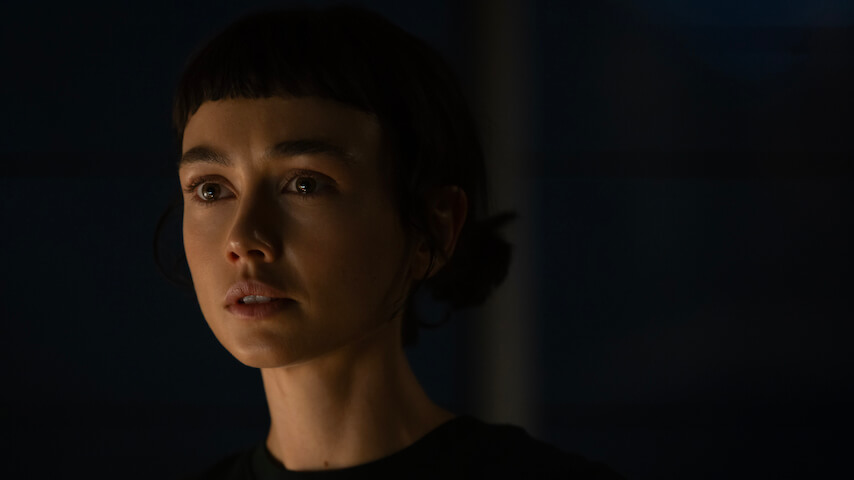Alien: Earth's Wendy is more like David than Ripley after all
A season that started as a deviation from Prometheus and Alien: Covenant ended by teeing up a lot of those films' themes.
Photo: Patrick Brown/FX
[Editor’s note: This piece contains spoilers for Alien: Earth.]
The first season of Noah Hawley’s latest show used Ridley Scott’s 1979 film Alien as its main template, right down to the analog technology and morally questionable androids. Sure, Alien: Earth incorporated some of the visual language of James Cameron’s sequel and even had subtle nods to David Fincher’s third film and some of the unproduced Alien projects that almost came to be in the ’80s and ’90s. But it largely felt like a deviation from Scott’s divisive prequels, Prometheus and Alien: Covenant, something lauded by those who don’t like those films. What if this was just the setup to take viewers into more deeply philosophical waters regarding evolution, creation, and morality? It felt like Sydney Chandler’s Wendy was being positioned as a Ripley character when the series began. At the end of season one, the question might be: What if she’s David?
The Alien franchise has long been about evolution, both in the form of the Xenomorph and in the use of hybrids/synthetics to question what it means to be human. While Alien: Earth was filled with both, it avoided a lot of the philosophical underpinnings of Scott’s arguably action-light prequels. But where the season ends almost demands that their themes become the backbone of the follow-up.
Of course, it’s not like Hawley wasn’t laying this foundation all season. His vision of three variations of evolved human beings seeded fertile ground for explorations of what it means to be human even while soldiers were getting chomped by aliens. He defined three kinds of evolved beings in the premiere: cyborgs, synths, and hybrids. And then he gave us models of each to follow, revealing the flaws in their systems along the way. Kirsh, a synthetic, is the calculated mentor and trainer of Wendy and the Lost Boys, but Hawley and Olyphant don’t play him like a villainous betrayer à la Ash from Scott’s film, saving that kind of malevolent obeisance for Morrow, the cyborg security officer willing to do literally anything to complete his mission. Is it the human or the machine in Morrow that makes him a sociopath? That’s up to the viewer to determine.
